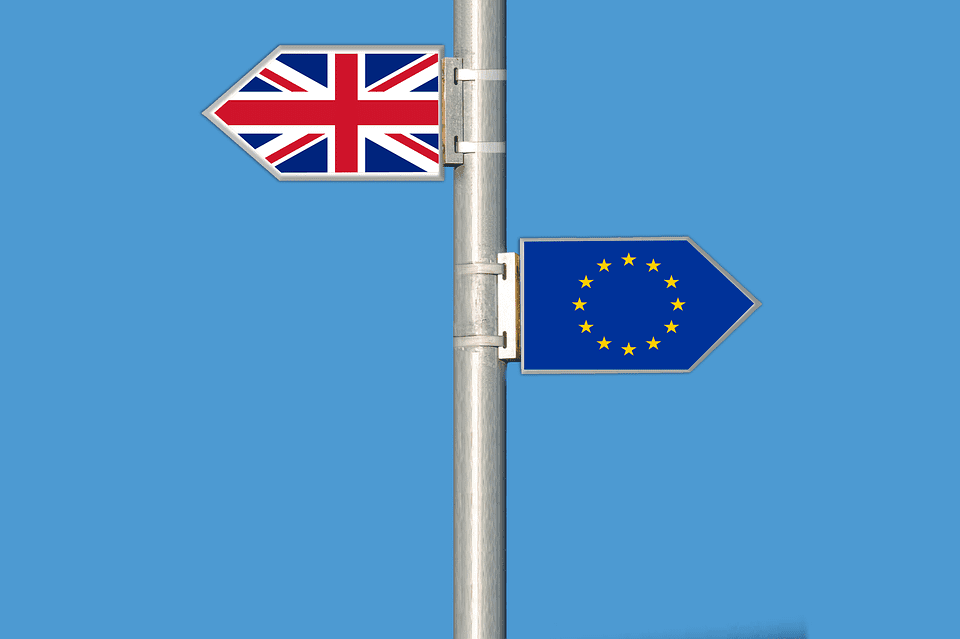 You wouldn’t think it when listening to the raft of spending pledges made by the two men who would be PM of Great Britain and Northern Ireland (result on Tuesday), but the party they hope to lead is supposed to have a reputation for financial prudence and be “the party of business”. Virtually all of the UKs major businesses and the various bodies that represent “bosses” and business owners have long warned that Brexit is bad for the economy of the UK, so a transitional period and deal is essential, but Mr Hunt and Mr Johnson both say that the UK will leave the EU with or without a deal – in Johnson’s case, no later that the end of October.
You wouldn’t think it when listening to the raft of spending pledges made by the two men who would be PM of Great Britain and Northern Ireland (result on Tuesday), but the party they hope to lead is supposed to have a reputation for financial prudence and be “the party of business”. Virtually all of the UKs major businesses and the various bodies that represent “bosses” and business owners have long warned that Brexit is bad for the economy of the UK, so a transitional period and deal is essential, but Mr Hunt and Mr Johnson both say that the UK will leave the EU with or without a deal – in Johnson’s case, no later that the end of October.
The finances of the UK took a hit in June when public sector borrowing spiked to its highest level since June 2015. The June 2019 figure came in at £7.2 billion, more than double the £3.3 billion borrowing for June 2018.
The public sector borrowing figure is the money needed to balance the UK’s books and make up for the shortfall between receipts (taxes and other income streams) and expenditure. The annual shortfall is added to the UK’s national debt which currently stands at about £1.81 trillion – the equivalent of 83.1% of GDP (for Eurozone states, the convergence criteria cap public debt at 60% of GDP – in theory, at least).
The spike has been blamed, in part, on higher interest payments to service UK debt coupled with increased spending on services. The rise comes despite the fact that tax and National Insurance receipts rose by £800 million in June (year-on-year), but interest on the UK debt rose by £2.1 billion. The ONS reported that expenditure on goods and services was £1.2billion higher and, ironically, contributions to the EU also increased by £400 million (year-on-year).
It is certain that the UK will have a new Chancellor of the Exchequer and a new PM by the end of the week (assuming that the new Chancellor will be quickly appointed) since the current incumbent, Philip Hammond, announced that he intends to resign to Mrs May before she submits her own resignation to the Queen.
